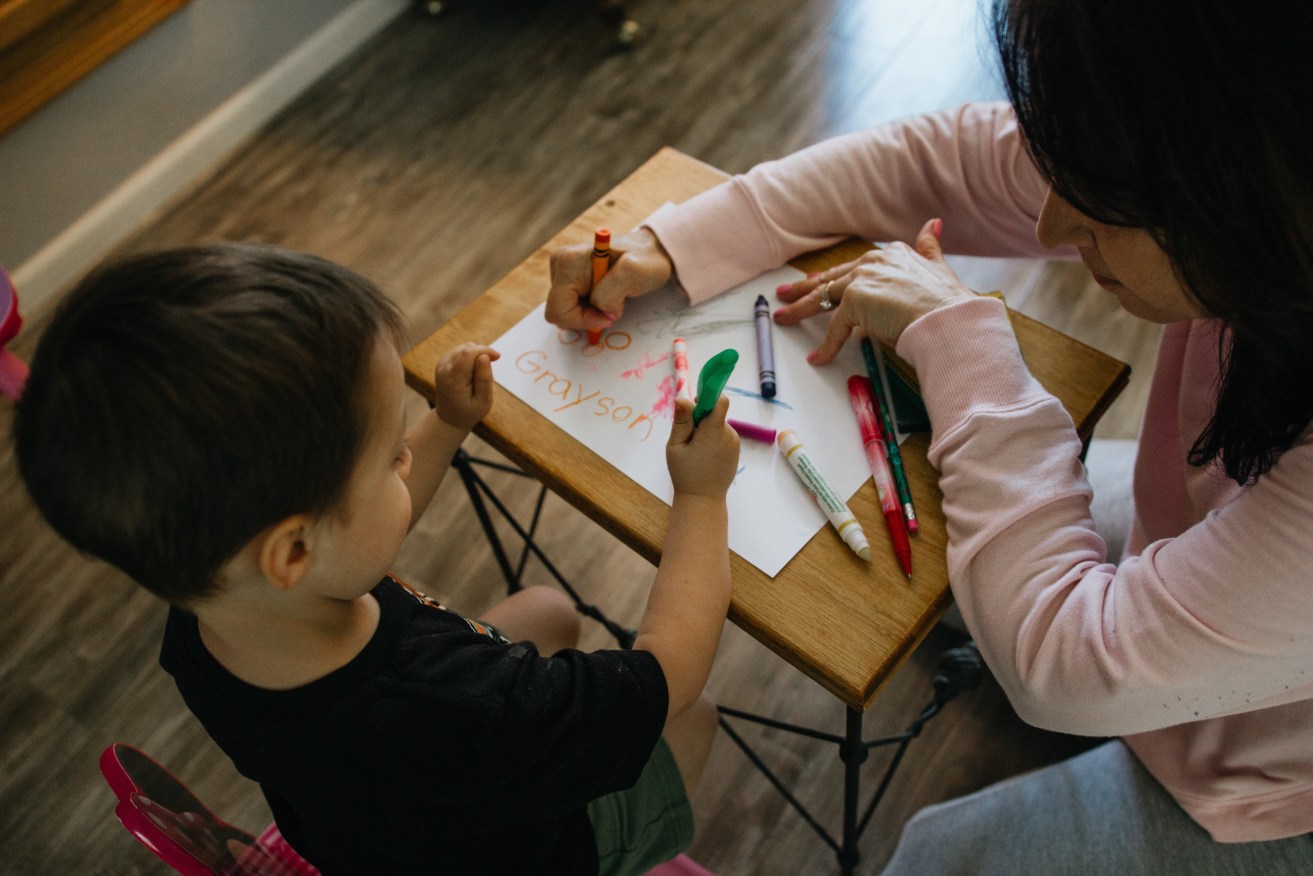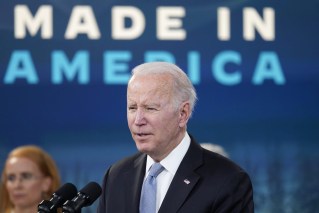Early schooling: How Queensland students risk being left behind
Queensland education may lag behind due to an additional year of learning announced by the Victorian and New South Wales Government.

Image: Gabe Pierce/Unsplash
Victoria and New South Wales have announced a multi-billion-dollar pledge to transition four-year-old kindergarten to “pre-prep” by 2025 and 2030 respectively.
Queensland students face a widening skill and engagement gap in the wake of the states’ announcements in June. The additional year of play-based learning will be informal and focused on inviting children to explore the wonders of the world.
Professor Robyn Gillies of the University of Queensland views the announcement as a step in the right direction.
“I am very excited that these two states have decided to offer an additional year of schooling… mainly because there is a very strong evidence that children benefit enormously when they have opportunities to participate in play-based programs,” she said.
The Queensland Minister of Education Grace Grace MP has positively responded to the states’ announcement, stating: “It’s encouraging to see that governments of all persuasions recognise the importance of the early years and investing accordingly.”
Queensland had announced a “game-changing” kindergarten funding reform investment of over $1 billion over the next five years beginning in 2023, “doubling the size of our successful Kindy Uplift program” Grace said.
The Kindy Uplift program enables selected kindergarten services to support the developmental needs of children through evidence-based initiatives. The program reform focuses on a free or cheaper kindergarten for 40,000 Queensland families.
However, Associate Professor Katie Makar of the University of Queensland has raised concerns over Queensland’s existing and originally play-based learning approach.
“One of the concerns I have is initially, likely [New South Wales and Victoria] would start out being quite play-based and open, but I would hope they wouldn’t do what Queensland did… initially it was very much play-based, but unfortunately, it’s changed since then and [has] evolved into something much more structured and high stakes,” she said.
Year 11 student, Sarah-Jane Serret, who lived formerly in Melbourne is “a little confused and annoyed” because “[the change] would just extend [Victorian and New South Wales students’] schooling career.”
“[The change] would put [Queensland] students at a disadvantage… because their education is only recently transitioning into ATAR and [a] lack of extra support” says Year 12 Queensland student, Janitta Latu.
With gaps already existing, doubts remain on whether the Queensland Department of Education is doing enough to ensure their students are not falling behind.









